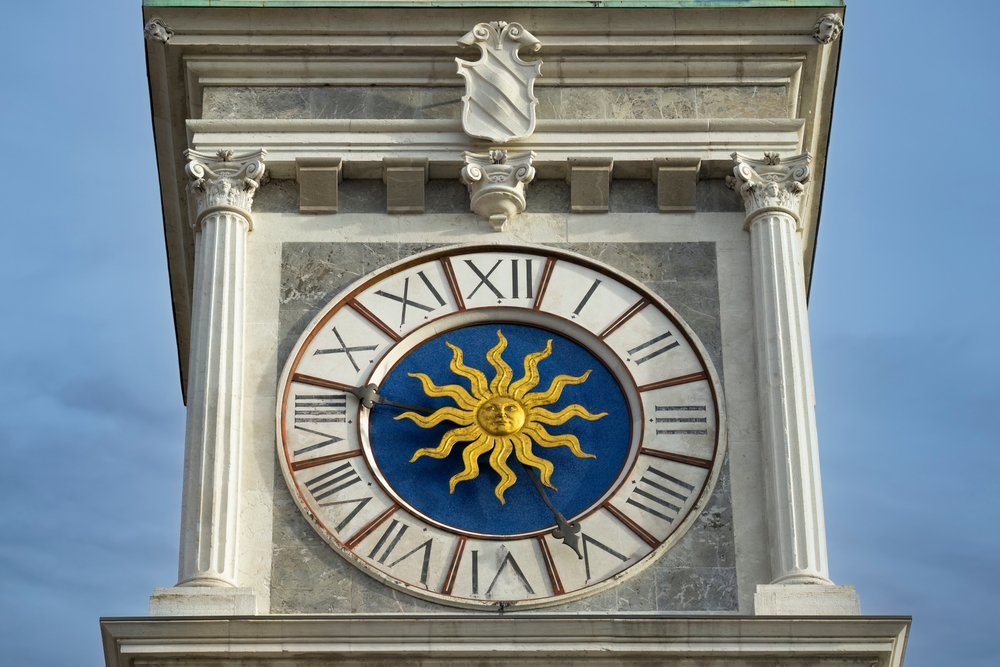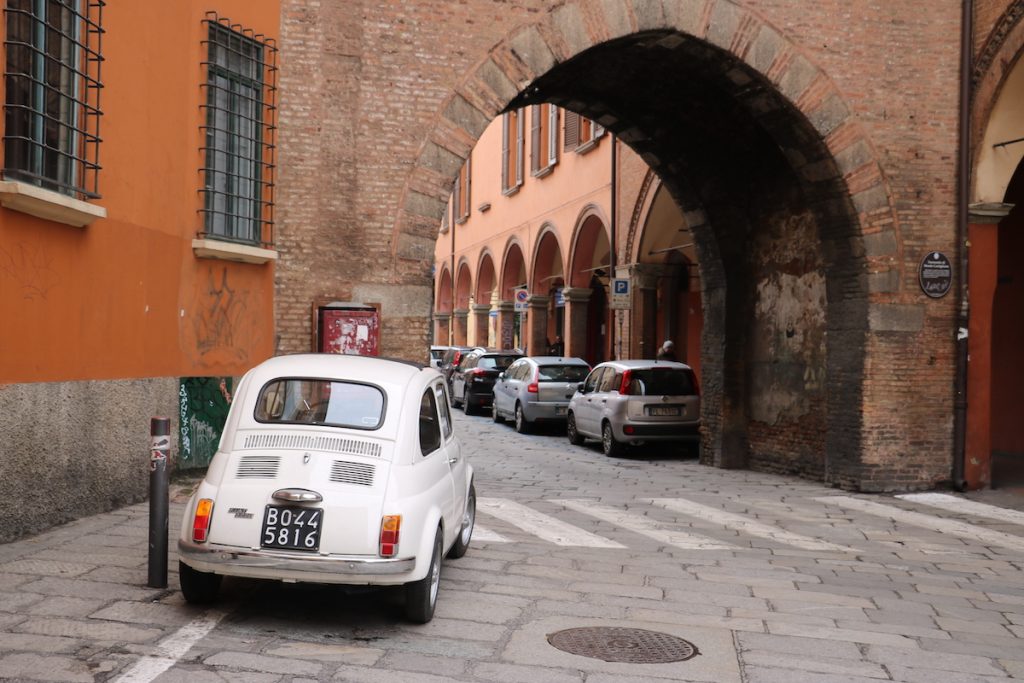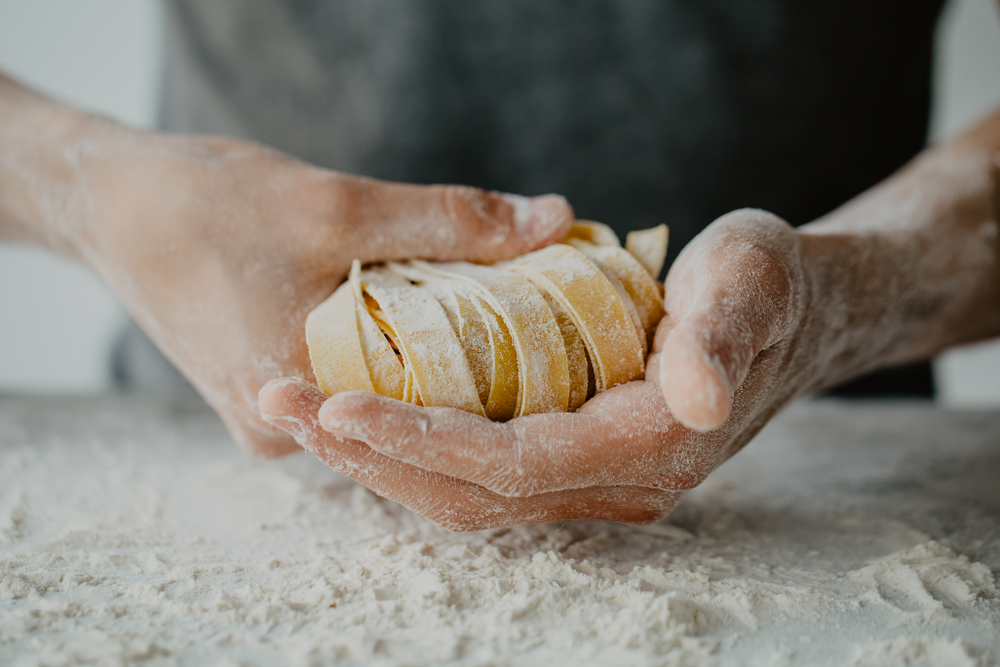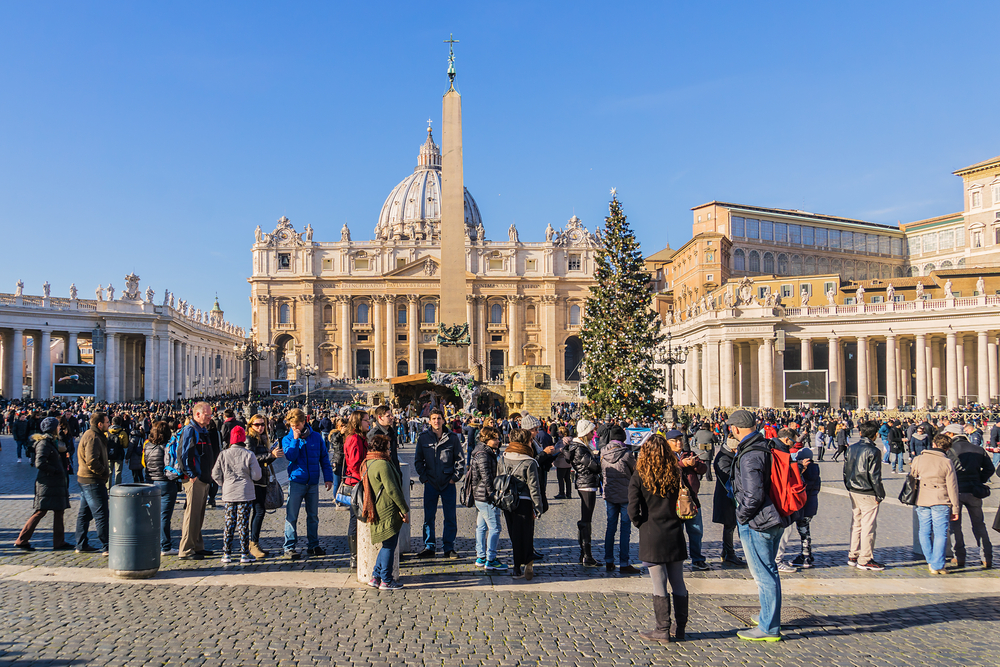What do you think of when you think of Italy? Perhaps pizza and pasta, over-the-top gestures, maybe even the mafia. As with any country and culture, Italy is home to numerous stereotypes, some ringing truer than others. However, after three years of living in the beautiful European boot, I have realised that many of these Italian stereotypes are just that: stereotypes.
Let’s take an example. Whilst any “Italian” restaurant in the UK will serve the delicious starter of garlic bread, you will struggle to find this just about anywhere in Italy because it simply isn’t an Italian dish.
A Qualitative Study
In order to address these stereotypes, who better to ask than the Italians themselves? In this article I will share with you the responses to a qualitative study I conducted on Italian stereotypes. Italians from the north of Italy, such as Emilia Romagna, Veneto and Friuli-Venezia Giulia, and the south, including Campania, Puglia and Basilicata took part in the study. The variety of responses received will certainly clear up for any foreigner how Italians truly are and how they perceive themselves. Here’s to dispelling some misconceptions!
Are Italians Always Late?

The study proposed ten stereotypes which candidates had to grade on a scale of five points from ‘false’ to ‘true’. The stereotype which was opposed to the most, with over a third of those stating it was completely false, was that Italians are often late. As someone who has lived in both Italy and Spain, my personal experience is that this stereotype can be more (although not wholly) attributed to the Spanish. Italians, however, from what I have experienced, tend to be surprisingly punctual.
Are Italians Crazy Drivers?

Another stereotype where doubt creeps in is that Italians drive in a crazy manner. That being said, the study revealed broad results with answers being spread relatively evenly between true and false, with false winning by just a hair. Driving in Italy can be scary, with wild motorways and, in the centre of towns, tiny streets thin enough for your car’s paint job to be at risk. Speaking from an English point of view, driving does seem to be wilder in Italy. But, as the results prove, opinions on this do vary and we can’t paint all Italians with the same brush. Some cities are also notorious for crazy driving, such as Naples, something which has been confirmed to me by some Neapolitan friends.
Pizza and Pasta, Every Day?

While we are dispelling myths, it is also interesting to note that there are a number of stereotypes where the study showed an overwhelming sense of agreement in their verity. It seems that some stereotypes do indeed stem from truth. One of these is that Italians eat a lot of pizza and pasta; only 10% disagreed with this fact. In fact, this stereotype can be proven to be true as studies confirm that Italy is the European country which consumes the most pasta, with each Italian eating on average just under 24kg of pasta a year. As a foreigner, my experience has been that Italians eat a significant amount of pasta, being that it is the base of many meals. Pizza, on the other hand, is eaten a lot less regularly, such as once a week.
Catholicism in Italy

An interesting stereotype considering the history of Italy is that regarding religion. The majority of responses to the stereotype that “Italians are very religious” were “neutral”. Italy is, historically, a Catholic country, however, according to Italian statistics agency ISTAT just under half of Italians who profess themselves to be Catholic never attend services or mass. That’s not to say they’re not religious, just that they don’t publicly practice their religion.
How do Italians feel about their own stereotypes?
In next month’s issue we will look at more Italian stereotypes. In addition to how Italians feel about their own stereotypes, we will address if the validity of these stereotypes differs based on whether an Italian is from the north or south, and how they think foreigners should really confront these stereotypes.



